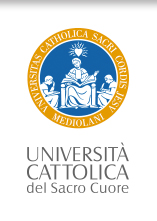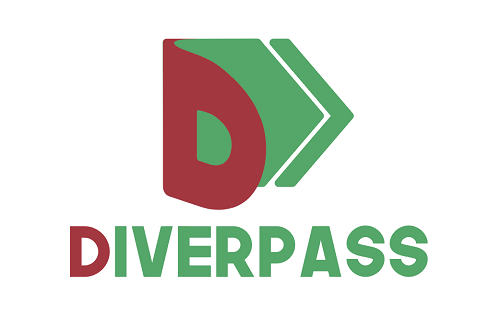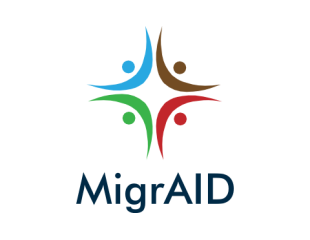eMOOC - 2021-2023


The European Union promotes and supports European professional mobility through a coherent variety of information and counselling services.
Active mobile citizens represent only 4.2% of the total workforce in the EU-28 Member States (before Brexit). The main countries of residence of active mobile citizens and all mobile citizens were identical - Germany and the United Kingdom, each with just over 2 million active mobile citizens, Spain and Italy, around 1 million each, and France, which is about 600,000. These five Member States welcomed nearly 80% of active mobile citizens in 2019. (Eurostat, 2020).
Travel abroad for professional (employment) reasons can be psychologically demanding: individual attitudes and adaptability to different cultural and professional contexts. These factors are often overlooked by mobility counselling organisations, when they can differentiate between a conscious mobility choice that will be an effective experience and a "blind" choice that will lead to failure.
Guidance counsellors are valuable allies for candidates in their career paths and choice processes, However, knowledge on mobility issues remains insufficient and vague among European professionals who advise on employment and career guidance. In addition, training in this field is extremely diverse between Member States and often accessible only in higher education. As a result, vocational guidance is often provided informally by operators who have never received specific training.
DiverPass - 2019-2021


After the Covid crisis, the migration issue will be soon back on the European agenda as there is still a turmoil on an international level with the terrorism issue combined with civil wars in many countries on all continents and regions (Africa, Middle East, Latin America, Asia...) leading to the emigation of many people world wide. In addition national disasters linked to the climatic crisis is also explaining the emigation of many people all around the world. These are the "push factors".There are also other more positive reaons for leaving one's country (pull factors) such as finding a better work, following studies that are not offered on a national level or family gathering.
The DiverPass projet has the will to contribute to the European debate at the moment under discussion on the New Pact for Asylum and Migration suggested by the European Commission in September 2020 that states:
"Migration is a complex issue, with many facets that need to be weighed together. The safety of people who seek international protection or a better life, the concerns of countries at the EU’s external borders, which worry that migratory pressures will exceed their capacities and which need solidarity from others. Or the concerns of other EU Member States, which are concerned that, if procedures are not respected at the external borders, their own national systems for asylum, integration or return will not be able to cope in the event of large flows.
Based on a holistic assessment, the Commission is proposing a fresh start on migration: building
confidence through more effective procedures and striking a new balance between responsibility
and solidarity."
MiFamily - 2017-2019


MiFamily is an Erasmus + project (2017-2019) led by the English organization NRCSE gathering 5 EU countries: UK (leader & partner), Spain (two partners), France, Romania and Ireland. Many students with a migrant background are faced to linguistic issues as the national language isn’t most of the time their mother tongue. According to the OECD (2015), 64% of first-generation migrant students and 41% of second generation students speak a language at home that is different from the language instruction. In the process of acquisition of the national language, teachers have a major role to play even though they recognize that handling cultural diversity in the classroom is a main issue. Most of the teachers working in sensitive urban issues (characterized by a high proportion of migrant population) feel they need more professional support to deal with a multicultural environment. Linguistic and cultural diversity at school, is important in Southern Europe – such as Italy and Spain but also in specific areas of Northern Europe such as United Kingdom (Brixton, Birmingham), Belgium (Antwerpen) and also in France in the so-called urban sensitive areas- mainly in the region around Paris (Ile de France), around Lyon (former Rhône Alpes), around Marseille (former Provence Alpes Côte d’Azur), or around Toulouse (former region Languedoc Roussillon).
MigrAID- former les partenaires sociaux et les PMEs à la diversité auprès des travailleurs migrants - 2016-2019


REVALUE- accompagner demandeurs d'asile et réfugiés statutaires sur le marché du travail - 2016-2019


Former projects →






















